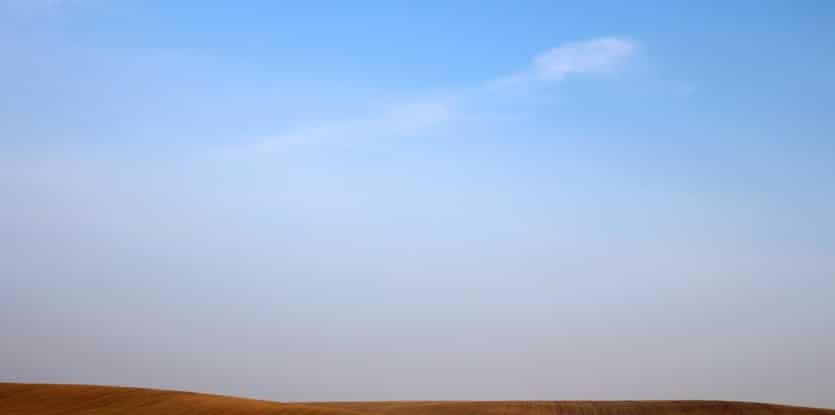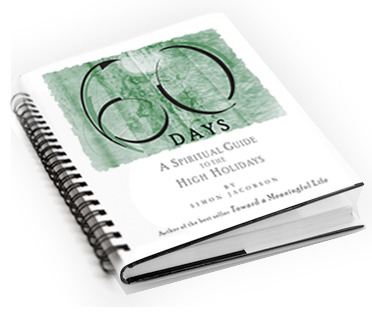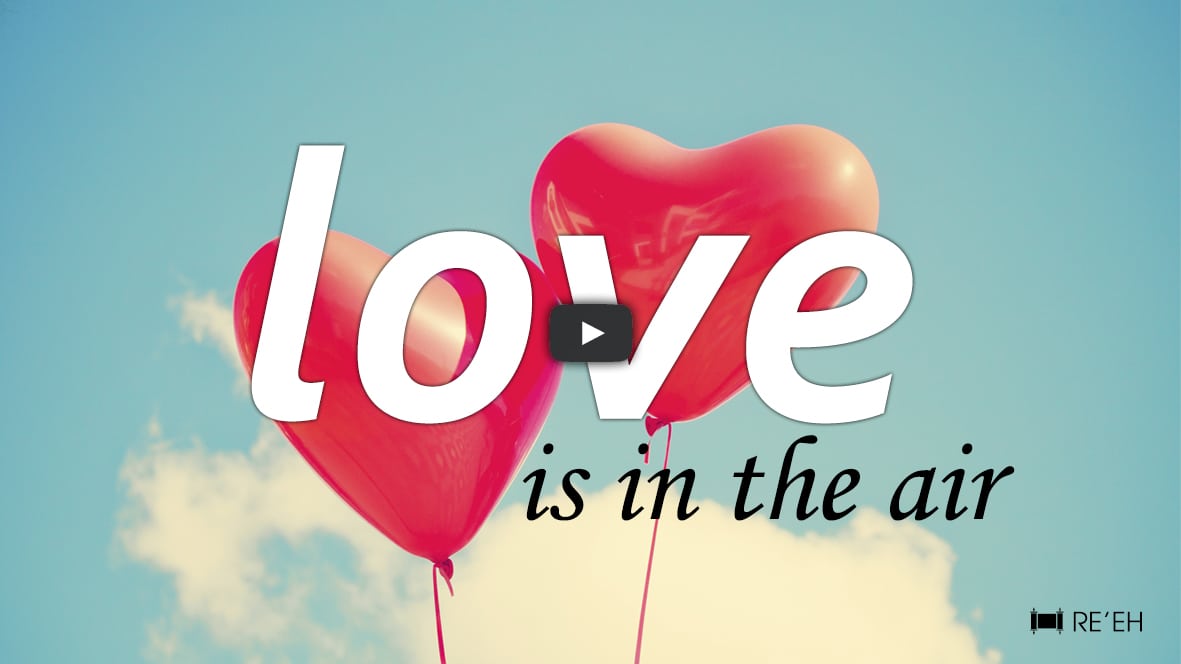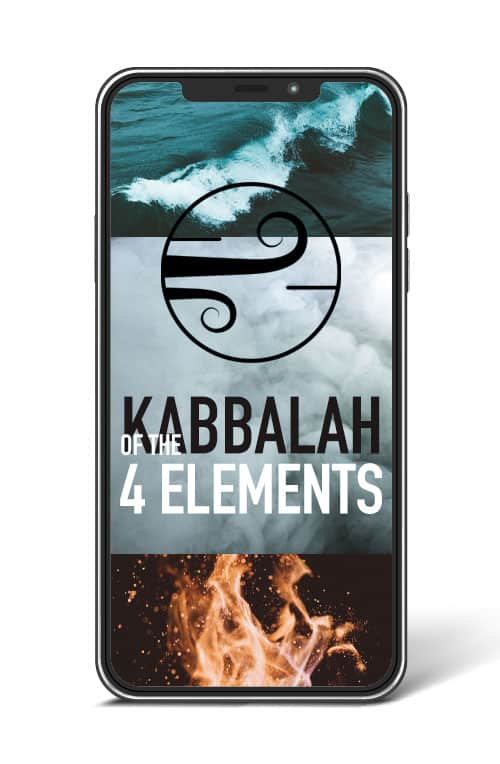“Though summer still lingered and the day was bright and sunny, there was a change in the air. One smelled already the Elul-scent; a teshuvah-wind was blowing. Everyone grew more serious, more thoughtful…. All awaited the call of the shofar, the first blast that would announce the opening of the gates of the month of mercy.”
So describes the previous Lubavitcher Rebbe, Rabbi Yosef Yitzchak Schneersohn, the onset of the month of Elul in the shtetl of Lubavitch.
As the last month of the Jewish year, Elul is a time for sober review of the achievements and failings of the closing year; a month of trepidation on account of the approaching “Days of Awe” of Rosh HaShanah and Yom Kippur, when “all inhabitants of earth pass before the Divine Judge as a flock of sheep.”[12] But Elul is also a gentle month, softened by the reconciliatory prophecies of the “Seven of Consolation”[13] and the vibes of divine compassion that linger from the time that Moses spent the whole of Elul on the summit of Mount Sinai procuring G-d’s wholehearted forgiveness for Israel’s first sin.[14] In a word, Elul is a time of teshuvah: a time of regret, forgiveness and reconciliation; a time of return to pristine beginnings to rediscover one’s true self and the spark of G-dliness at the core of one’s soul.
The First Resource
To keep body and soul together, the human being needs air, water, food, clothing, shelter—in that order. Without air, G-d forbid, a person would expire in a matter of minutes. He may survive a few days without water, a few weeks without food. The need for clothing and shelter are less immediately apparent, but without them man would ultimately succumb to an environment often hostile to his life and health.
Not incidentally, this order also describes the relative accessibility of these resources. Shelter is the most toilsome and expensive of human needs to acquire. Clothing less so, food yet less so, water even cheaper and more available. Finally, air, the most crucial resource of them all, is the most bountiful and the most effortless to attain.
Thus, the idioms “a change in the air,” “Elul-scent,” and “teshuvah-wind” in the above quote from Rabbi Yosef Yitzchak are not mere poetic figures of speech, but also express a truth about the month of Elul and the spirit ofteshuvah that pervades it. The effort to cut through life’s accumulated debris of failings and inequities and touch base with the untarnished purity at the core of one’s soul, is a round-the-year endeavor. But in the month of Elul, we enter into an atmosphere of teshuvah.
In Elul, teshuvah is not a factor of cataclysmic “moments of truth” or something to be extracted from the depths of the prayerbook. It is as plentiful and accessible as air: we need only breathe deeply to draw it into our lungs and send it coursing through our veins. And with Elul comes the realization that, like air, teshuvah is our most crucial resource, our very breath of spiritual life.
Based on an address by the Rebbe, Shabbat Mevarchim Elul, 5727 (September 2, 1967)[15]
Adapted from the teachings of the Rebbe by Yanki Tauber
[12] . From the Rosh HaShanah and Yom Kippur prayers.
[13] . See The Intimate Estrangement, WIR, vol. IX, no. 42.
[14] . See The 120-Day Version of the Human Story, WIR, vol. X, no. 1.
[15]. Likkutei Sichot, vol. XIX, pp. 158-161.








